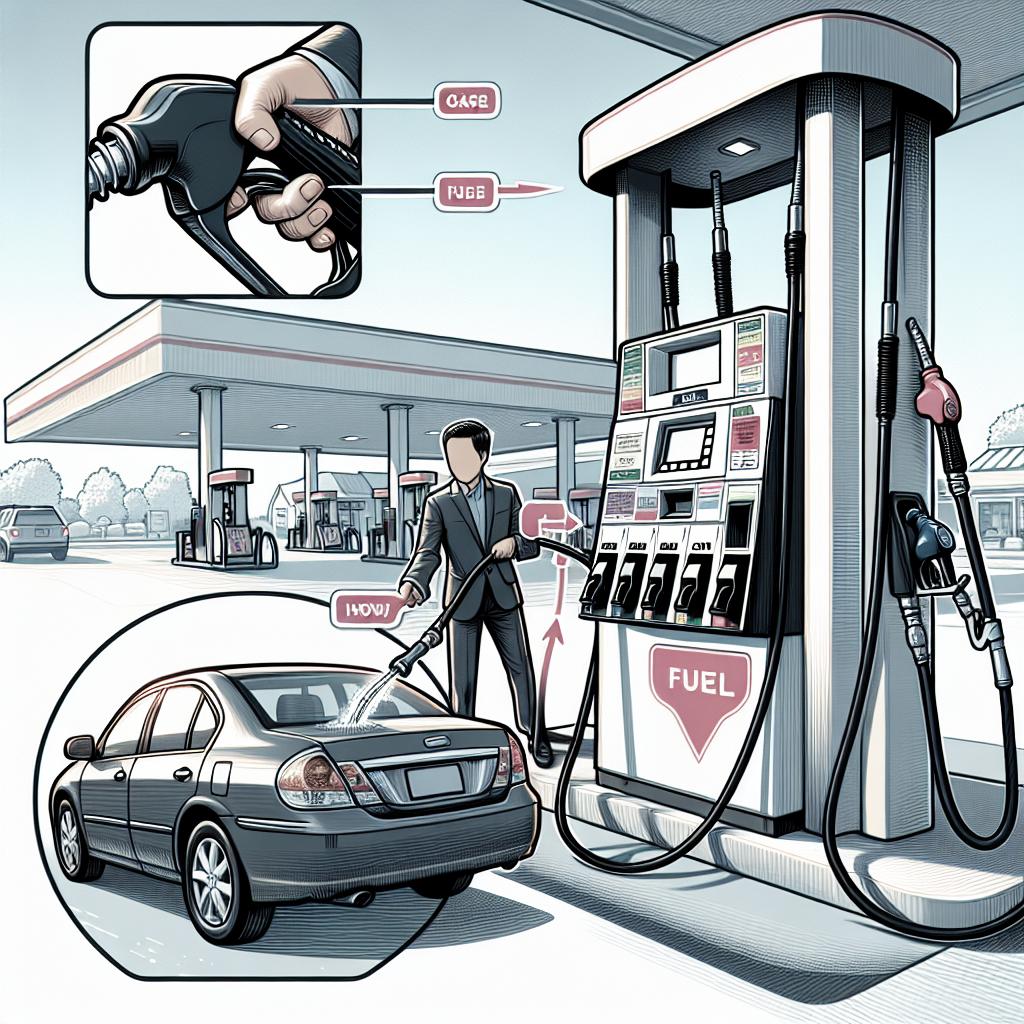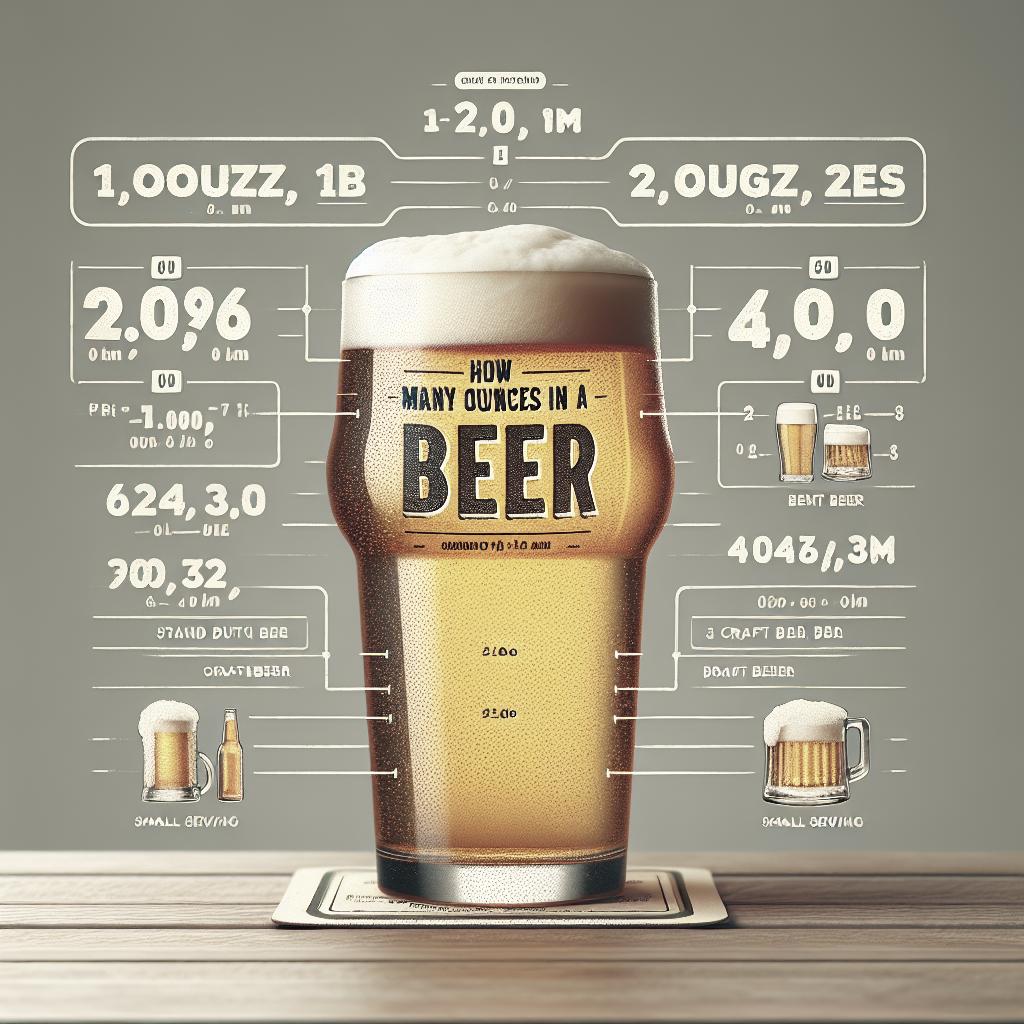As teenagers transition into independent drivers, equipping them with the knowledge and confidence to pump their own gas becomes essential. This comprehensive guide delves into the importance and practicalities of teaching them this life skill. We’ll cover a variety of tips and frequently asked questions to address common concerns parents may have. From legal age requirements to safety measures, and how to handle payment modes, we aim to make the experience smooth and worry-free for both parents and teens. Let’s embark on this journey to ensure your teenager can pump gas safely, efficiently, and confidently.
The importance of learning how to pump gas
Learning how to pump gas is a crucial life skill that goes beyond merely filling the tank. It equips teens with a sense of responsibility and independence. Understanding the nuances of this routine activity ensures that they are prepared for various scenarios they may encounter on the road. Moreover, it forms a part of being a conscientious driver, contributing to their overall driving education. Parents often find comfort in knowing that their teen can handle this task responsibly. In situations where young drivers are far from home or in unfamiliar areas, knowing how to pump gas can alleviate stress and prevent potentially dangerous situations. Therefore, it is essential to take the time to properly educate your teens on this process.
Hey, $mart parents 👋
As parents, it’s your responsibility to impart this crucial skill to your teenagers. While it may seem simple to us, the process of pumping gas can be intimidating to young, inexperienced drivers. By breaking down the steps and providing hands-on guidance, you can transform a mundane chore into an empowering experience for your teen. This guide will walk you through tips and best practices to ensure your teenager is knowledgeable and comfortable when it comes to pumping gas.
Tips for pumping gas
1. Choose the Right Pump and Fuel Type: Make sure your teenager knows how to identify the correct fuel type for their vehicle. Show them where to find this information, typically in the owner’s manual or on a sticker inside the fuel door. Teach them to choose a pump that is easy to access and, if possible, well-lit and monitored by cameras for added safety. 2. Safety First: Emphasize the importance of safety when it comes to handling gasoline. Teach them to turn off the engine before refueling and not to smoke or use electronics near the pump. Ensure they understand the risks of inhaling fumes and the procedures to follow in case of a spill. 3. Payment Methods: Walk your teen through the different payment methods, including using a debit or credit card at the pump or paying inside the gas station. Show them how to insert and remove the card correctly and remind them about the importance of keeping receipts for budgeting and tracking their expenses.
FAQs
Q: Can I let my teenager pump gas on their own?
A: Yes, once your teenager has been taught the proper procedures and safety measures, they can pump gas on their own. However, it’s essential to make sure they are confident and understand what to do in case of any issues that may arise.
Q: At what age can my child legally pump gas?
A: The legal age varies by state. In most states, there is no explicit minimum age requirement, but generally, teens are allowed to pump gas once they hold a driver’s license or learner’s permit. Always check local regulations to be sure.
Q: Should I supervise my teenager the first few times they pump gas?
A: Absolutely, it’s a good idea to supervise them initially. This allows you to correct any mistakes and ensure they feel comfortable and confident doing it on their own in the future.
Q: What should my teenager do if the gas pump doesn’t stop automatically?
A: Teach your teenager to stay by the pump and monitor the fueling process. If the pump fails to stop, they should immediately release the handle to stop the flow of gasoline and alert an attendant if one is available.
Q: What should my teenager do if they choose the wrong fuel type?
A: If the wrong fuel type is selected, it’s important to stop fueling right away and not start the car. They should inform you and the gas station staff to avoid potential damage to the engine.
Q: Can my teenager pump gas if they don’t have a driver’s license yet?
A: While most states don’t have stringent laws against unlicensed individuals pumping gas, it’s advisable to let them practice under supervision if they are responsible enough but don’t have their license yet.
Q: How can my teenager ensure their safety while pumping gas?
A: Safety can be ensured by following a few key steps: always turning off the vehicle before pumping, avoiding any distractions like cell phones, and standing close to the pump while refueling.
Q: Is it safe for my teenager to pump gas at night?
A: Pumping gas at night can be safe if the gas station is well-lit and situated in a safe area. Talk to your teen about being aware of their surroundings and if possible, prefer daytime refueling or better-monitored stations.
Q: What should my teenager do in case of a gas spill?
A: In case of a spill, your teenager should avoid touching the gasoline and immediately notify a station attendant, who will have the proper tools and knowledge to clean it up safely.
Q: What should they do if the gas pump seems to be malfunctioning?
A: If the gas pump appears to be malfunctioning, your teenager should stop using it immediately and report the issue to the station attendant to ensure safety and avoid further problems.
Q: Can my teenager pay for the gas with cash?
A: Yes, your teenager can pay with cash, but they generally will have to go inside the station to prepay. This is another useful skill to teach, ensuring they know how to handle cash transactions and receive the correct change.
Q: Should my teenager keep the receipt after paying?
A: Keeping the receipt is advisable for tracking expenses and for resolving any potential disputes regarding the transaction. Encourage your teenager to get into this habit.
Q: Can someone else pump gas for my teenager if they aren’t comfortable doing it themselves?
A: Yes, a gas station attendant or a more experienced adult can assist if your teenager isn’t comfortable. This can be a temporary solution until they gain more confidence.
Q: In what states is it illegal for teens to pump their own gas?
A: Oregon and New Jersey have laws prohibiting self-service at gas stations, meaning that in these states, gas station attendants must pump the gas.
Q: Can my teenager use my credit or debit card to pay for gas?
A: Yes, your teenager can use your credit or debit card with your permission. Make sure they know how to handle the card securely, including not sharing the PIN with anyone.
Q: Is pumping gas different for electric or hybrid vehicles?
A: While electric vehicles don’t need gasoline, hybrid vehicles might. It’s essential to understand the type of fuel required and how to properly charge an electric vehicle instead. The process is different, involving plugging the vehicle into a charging station rather than filling it with gas. Future prospects:
| Subheading | Summary |
|---|---|
| The importance of learning how to pump gas | Emphasizes the necessity and benefits of teaching teens how to pump gas, ensuring they are prepared and responsible drivers. |
| Tips for pumping gas | Provides practical advice on choosing pumps, safety protocols, and payment methods to ensure a smooth and secure refueling experience. |
| FAQs | Answers common concerns about age requirements, supervision, safety, handling errors, and regional regulations, offering a comprehensive guide for parents and teens. |
By taking the time to educate your teenager on how to pump gas, you are providing them with a crucial skill that will serve them well throughout their driving life. With the right knowledge and a little practice, they will soon be refueling with confidence and ease.


